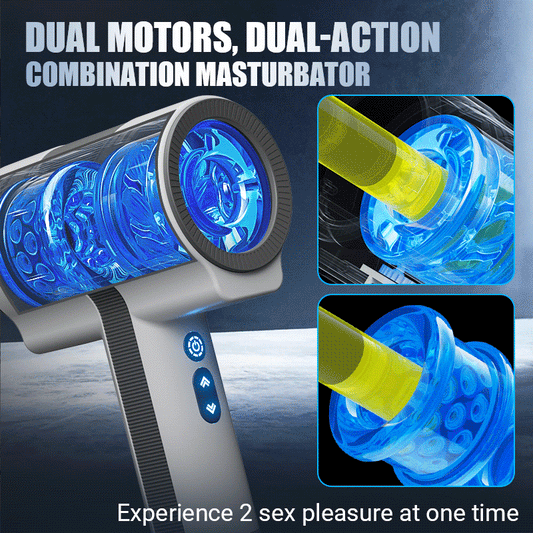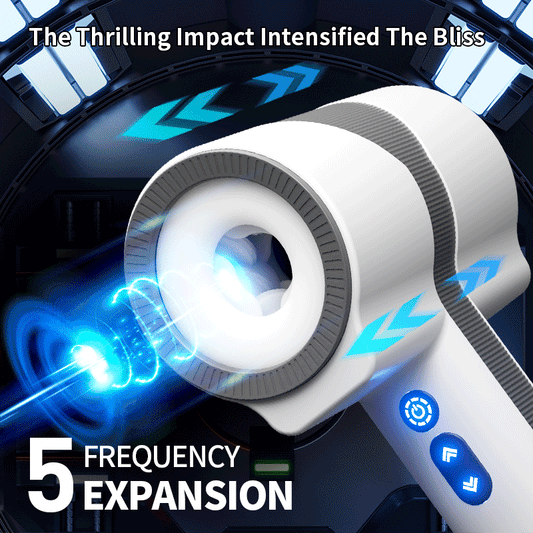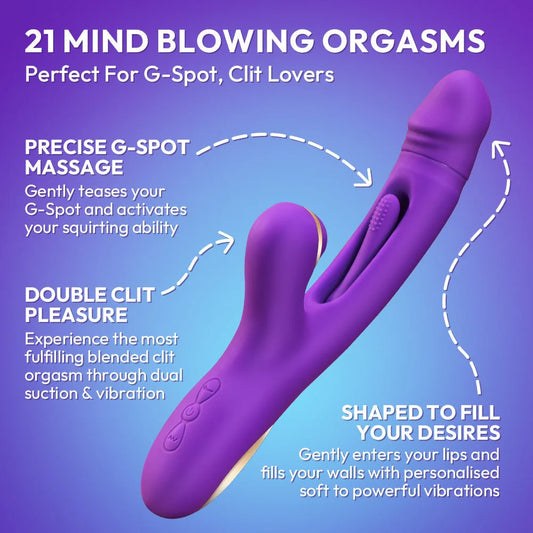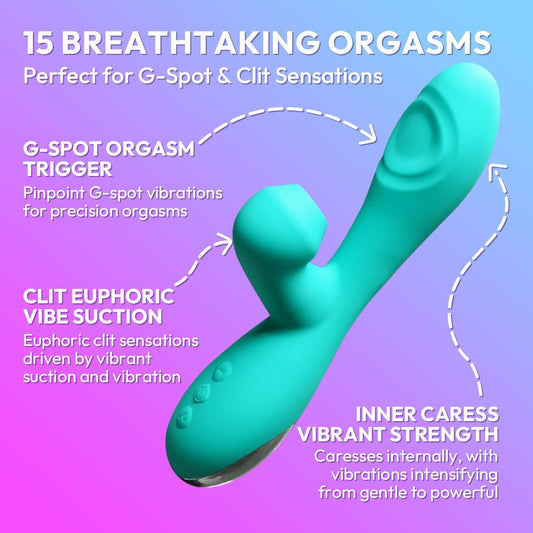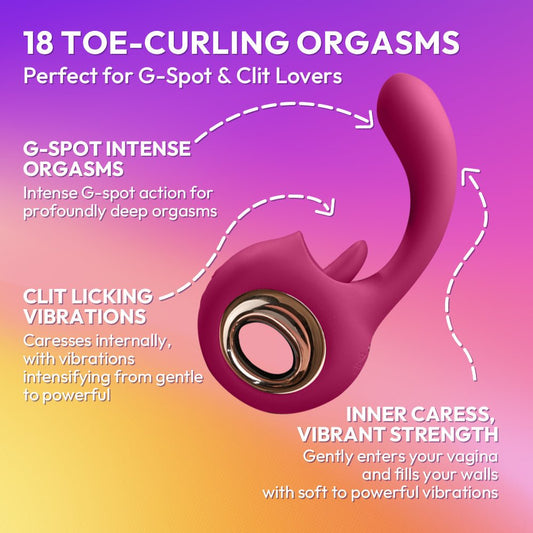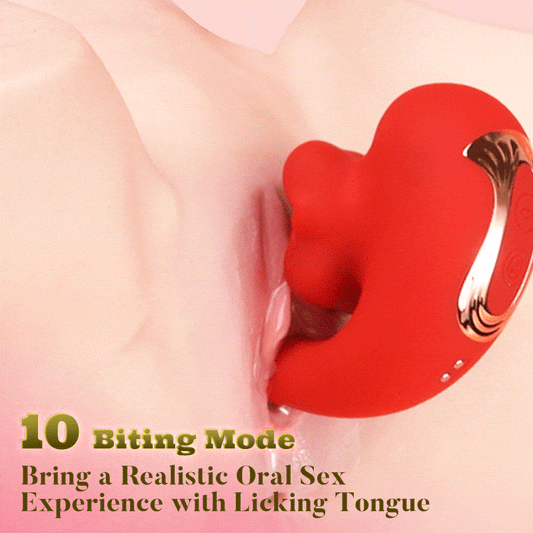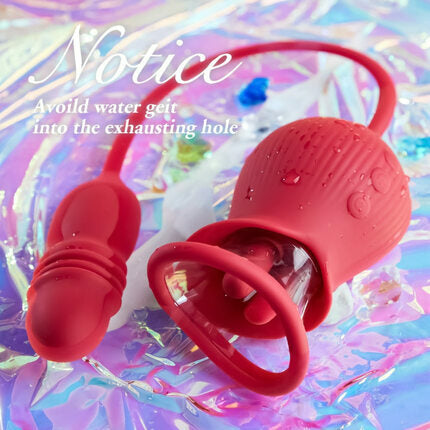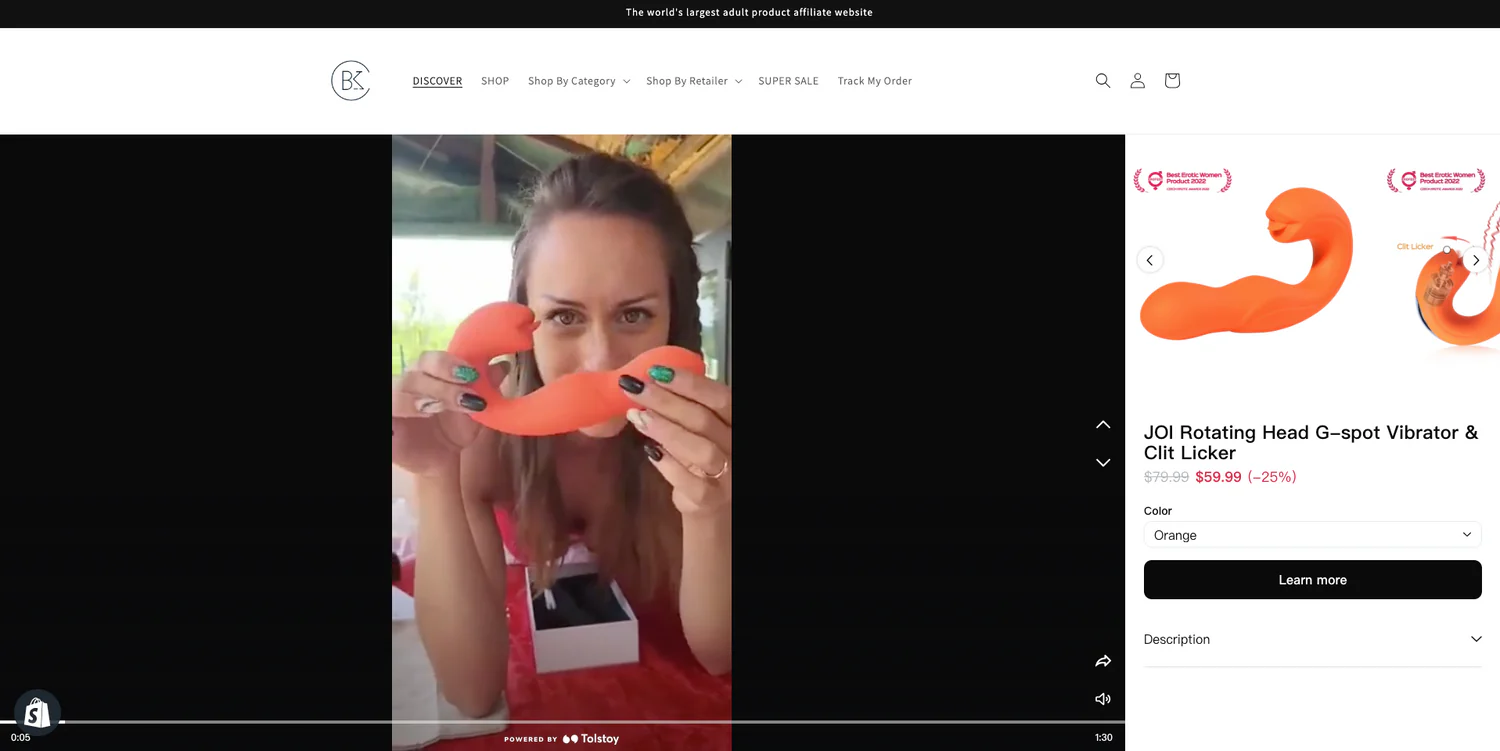
Sexual Engagement vs. Sexual Enmeshment
I had a client couple whose lives were entirely enmeshed, which means that they had very little sense of individuality or autonomy within the relationship. It was so bad that they literally could not go more than about 15 minutes before they had to either email, text, or talk to each other. The idea of being disconnected from each other for an entire 24 hours was completely out of the question. In fact, decisions about whether one of them could go to some event without the other—whether going out for drinks after work with co-workers or going to a friend’s cabin for the weekend—was determined by whether or not they would be able to remain in constant communication. Any meaningful amount of separation would result in both of them feeling intense distress and disorientation. It would be as though their world was falling apart.
In order to understand enmeshment, it is important to understand the concept of co-dependence. Co-dependence, in the most fundamental sense, is feeling the need to manage the emotional life of another person by withholding one’s own authentic thoughts and feelings. This is very common in families where a member may have rage issues, alcoholism, depression, severe illness, or some other form of physical or mental challenge that makes it difficult for them to show up in a healthy way. Those around them will often feel the need to withhold their own thoughts and feelings in an effort to maintain some sense of emotional stability in the relationship. Over time, this results in the co-dependent partner experiencing a loss of a sense of self, and a further loss of the ability in the challenged partner to successfully navigate through authentic emotion. This phenomenon is why dysfunctional families tend to organize their emotional lives around the sickest member.
Enmeshment is an extreme form of co-dependence. It is a state where both partners lose a sense of autonomy. Both partners become so reliant upon the other to help manage emotions that the sense of the self as an intentional and independent being becomes lost. If one of them is asked what their opinion is about a particular situation, it is often difficult for them to answer without including the thoughts of their partner. It is sometimes as though the ability to think and feel freely is impacted. Most abusive relationships involve some form of enmeshment as does cult behavior.
Enmeshment vs. Engagement
Enmeshment is different from healthy engagement in a couple of important ways. First, where engagement is motivated by the desire to experience a connection with another human being where we feel valued, supported, and loved as independent agents, enmeshment is driven by the need to manage distress. It is similar to the difference between washing your hands out of the desire for good hygiene, versus compulsive hand washing that is driven by emotional distress. The difference in both circumstances is whether the predominant motivation for the behavior is about intentional action based on what you value versus feeling driven to engage in a behavior because not doing so would be too distressing.
Second, where engagement fosters the development of each individual as independent beings, enmeshment tends to dismantle the individuals’ sense of self as having an independent identity. While it is completely healthy for loved ones to influence each other and to develop a common identity as a couple, the difference is that with engagement, there is a maintaining of each person’s sense of being an independent agent in addition to a common identity as a couple. In other words, there are really three living entities with healthy engagement: you, me, and our relationship—the space where you and I connect. With enmeshment, there becomes only one entity: the space where you and I connect, and the sense of independent identities is lost.
Sexual Enmeshment vs. Sexual Engagement
Our historical model of relationships is based on enmeshment. Traditional marriage vows such as “we as two individuals become one” and “your goals become my goals,” while certainly beautiful in sentiment, are quite disturbing in implication. The implication communicated in the mythology surrounding marriage is that there is a loss of the sense of individuality within the relationship. It is no wonder why so many married people feel very stifled and discontented. While this kind of language and belief system surrounding marriage is certainly shifting toward a more enlightened position, one area where enmeshment is still fostered is sex.
Most people complain about how great sex was in the early stages of their relationship, but after a few years it became much more stagnant, and desire dropped off. Research has supported this common experience with scientific data. But, why? Why would sex with our most beloved becomes less pleasurable and desirable over time? If the entirety of our sexual lives really “should be” experienced within the confines of a committed relationship, why do the majority of men and women experience boredom with sex and lose so much of their sexual desire for each other—despite being in love? And why would people risk losing important relationships, their homes, and even careers in order to have sexual experiences outside of the relationship?
The answer to this is really quite simple. It is because sexual desire, like all forms of attraction, arises in the space of connection between independent people who have experiences outside of the relationship. It is this variety of sexual experience outside of the committed relationship space that breathes life into a couple’s sexual lives together, rather than undermines it. Research on swingers has consistently shown that those who engage in consensual non-monogamy report a much higher sexual satisfaction with their partner, report being happier in their marriage, and report feeling more in love with their partner compared to those who don’t. This happens because consensual non-monogamy is situated firmly on an engagement model of relationships and sex rather than the traditional enmeshment model. This allows the sexual life of each individual to continue to develop so they can engage their partner from a continual fresh place over time—just like the way travel and experiencing new things in any other domain of our lives keeps our soul fresh and engaged.
Most people have seen what happens to old couples who don’t have external relationships or experiences. They often have little to talk about and express very little passion for anything. The “big news of the day” is often what they had for breakfast, or whether it is supposed to rain later in the week. It’s painful to watch. On the other hand, old couples who have independent lives and external experiences have so much more to share with each other, and their conversations are so much more engaging and vibrant. Well, the exact same thing is true with our sex lives.
If you want to keep your sexual relationship fresh, there just has to be some kind of personal experience that is not solely from within the confines of the relationship. Otherwise, there is a risk of your sex life feeling like the old couple who just lack a sense of freshness and passion. Purchasing a new sex toy or sexy lingerie can help, but these are no substitute for experience. Finding a way to open up your relationship so that you can move out of a state of enmeshment into a state of engagement will create a space for organic desire to re-emerge, and can help rekindle that sense of newness and erotic passion that so many people want in their relationships. For many people, the idea of opening up their sex lives is terrifying, but if navigated in an honest, compassionate, and collaborative way, it can be incredibly transforming.







